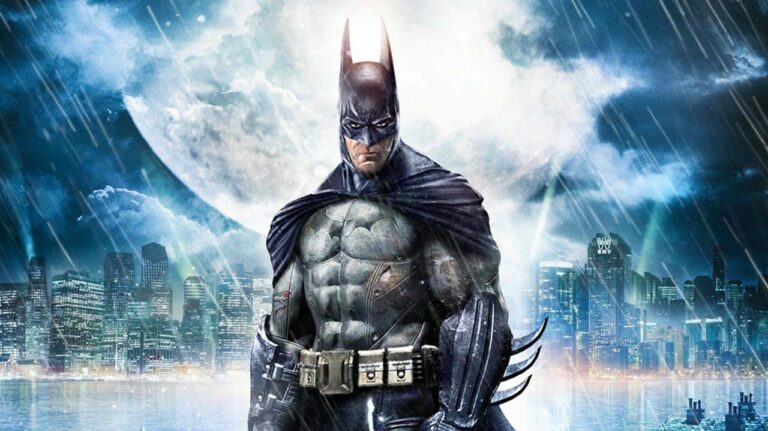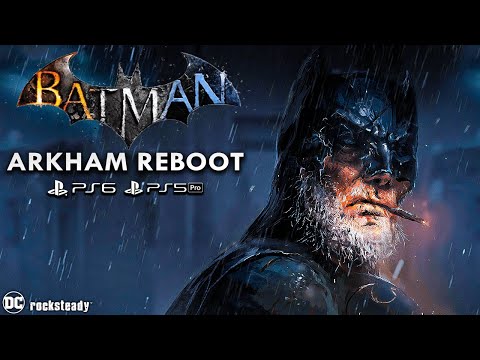In the ever-evolving world of video games, few titles have sparked as much admiration and dialogue as Rocksteady Studios’ Batman: Arkham Knight. Released in 2015, this pivotal game not only set a high bar for superhero adventures but also marked a significant technological leap by opting exclusively for next-gen consoles at the time. Fast forward to 2024, and the spirit of innovation continues with the announcement of Batman: Arkham Shadow, a VR-focused title poised to redefine immersive gaming on the Meta Quest 3.
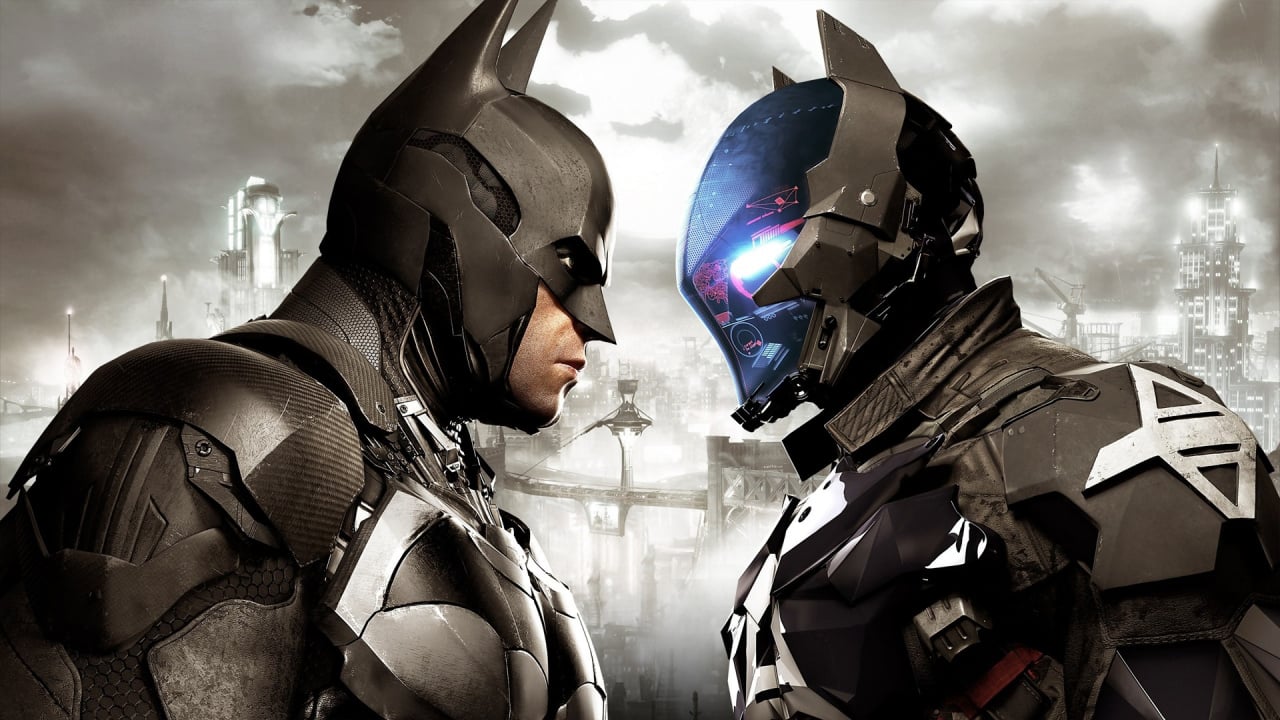
The Strategic Gamble of Batman: Arkham Knight
Rocksteady’s decision to develop Batman: Arkham Knight strictly for the newer PlayStation 4 and Xbox One consoles was a daring move. At a time when cross-generational development was more financially secure, the studio chose to prioritize the quality and expansive nature of their vision over broader compatibility. Sefton Hill, the game’s director, encapsulated the sentiment during development:
“It definitely was a gamble. No one really knew what the uptake of next-gen would be like at that original point, but when we looked at the scope of what we wanted to achieve with Arkham Knight, we knew within the first few months that if we were to remain on previous gen systems we would really have to compromise the vision.”
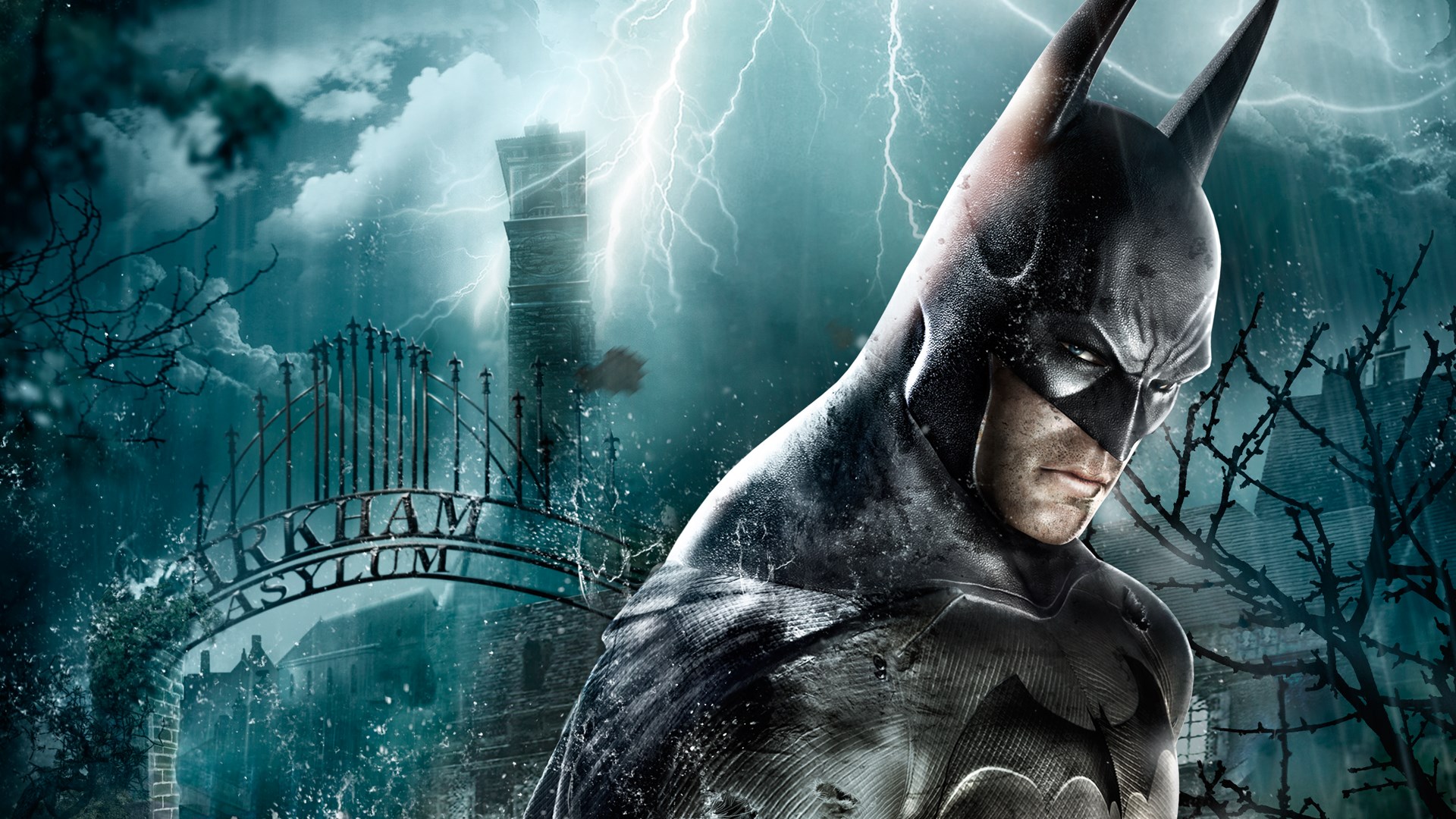
This gamble was not taken lightly, as the early 2010s witnessed the meteoric rise of mobile gaming and free-to-play models, casting doubts on the future of traditional console gaming. Yet, Warner Bros., the publisher, supported Rocksteady’s bold move, understanding the potential to harness next-gen technology to create a landmark gaming experience.
The results spoke volumes. Batman: Arkham Knight was heralded for its atmospheric art direction, a deeply engaging open world, thrilling combat mechanics, and the much-anticipated debut of the Batmobile. This acclaim wasn’t just a win for Rocksteady; it reinforced the viability and demand for rich, high-fidelity gaming experiences on advanced hardware platforms.
Batman Arkham REBOOT Update | Rocksteady's Next Game, James Gunn Plan, U… https://t.co/dA1meurYYr via @YouTube
— CabalCult (@cabalcult) October 31, 2023
The Next Evolution: Batman: Arkham Shadow and the VR Frontier
Building on their legacy of innovation, Warner Bros. has unveiled Batman: Arkham Shadow, developed in collaboration with Camouflaj and Oculus Studios. This new venture is set to be a VR exclusive for the upcoming Meta Quest 3, echoing the forward-thinking approach that characterized the release of Arkham Knight.
The VR market, much like the early days of the last-gen consoles, is still finding its footing among mainstream consumers. However, the potential for a deeply immersive experience that VR can offer might just set Arkham Shadow apart and pioneer a new standard for superhero games. The promise of VR technology allows players to step into the cape and cowl of Batman in a way previously unattainable, offering unprecedented levels of engagement and interactivity.
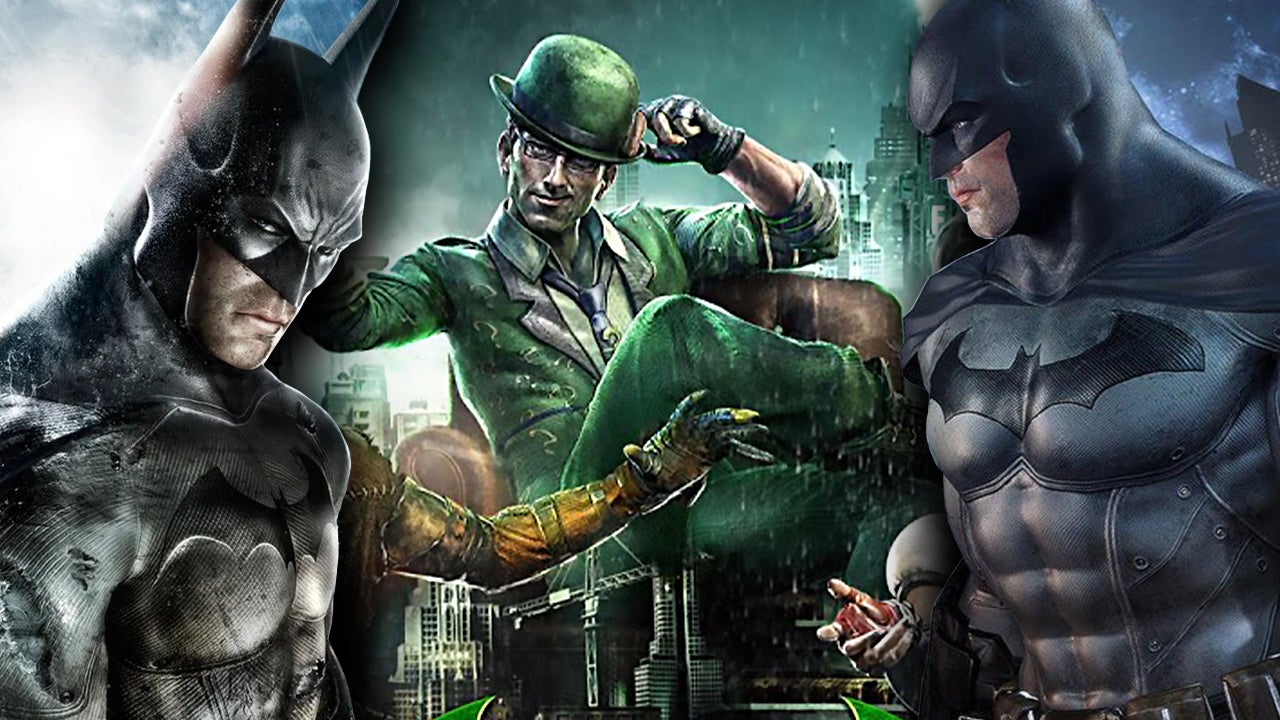
With the gaming community still reeling from the loss of Kevin Conroy, the iconic voice of Batman in the earlier Arkham games, there is keen interest in who will voice the Dark Knight. Details are expected to be revealed at Geoff Keighley’s Summer Game Fest on June 7, where the game will receive a full showcase.
Conclusion: A Legacy of Risk and Innovation
The trajectory of the Batman: Arkham series is a testament to the industry’s potential when creativity and cutting-edge technology meet. From Arkham Knight’s successful bet on next-gen consoles to Arkham Shadow’s venture into virtual reality, Rocksteady and Warner Bros. continue to push the boundaries of what superhero games can be. As the VR landscape matures, it will be intriguing to see whether Arkham Shadow can replicate the success of its predecessors and further solidify its place in the pantheon of great superhero games.
Rocksteady’s willingness to embrace risk for the sake of artistic vision and gameplay quality ensures that the Batman: Arkham series remains a significant, ever-evolving part of the video game industry’s history.
